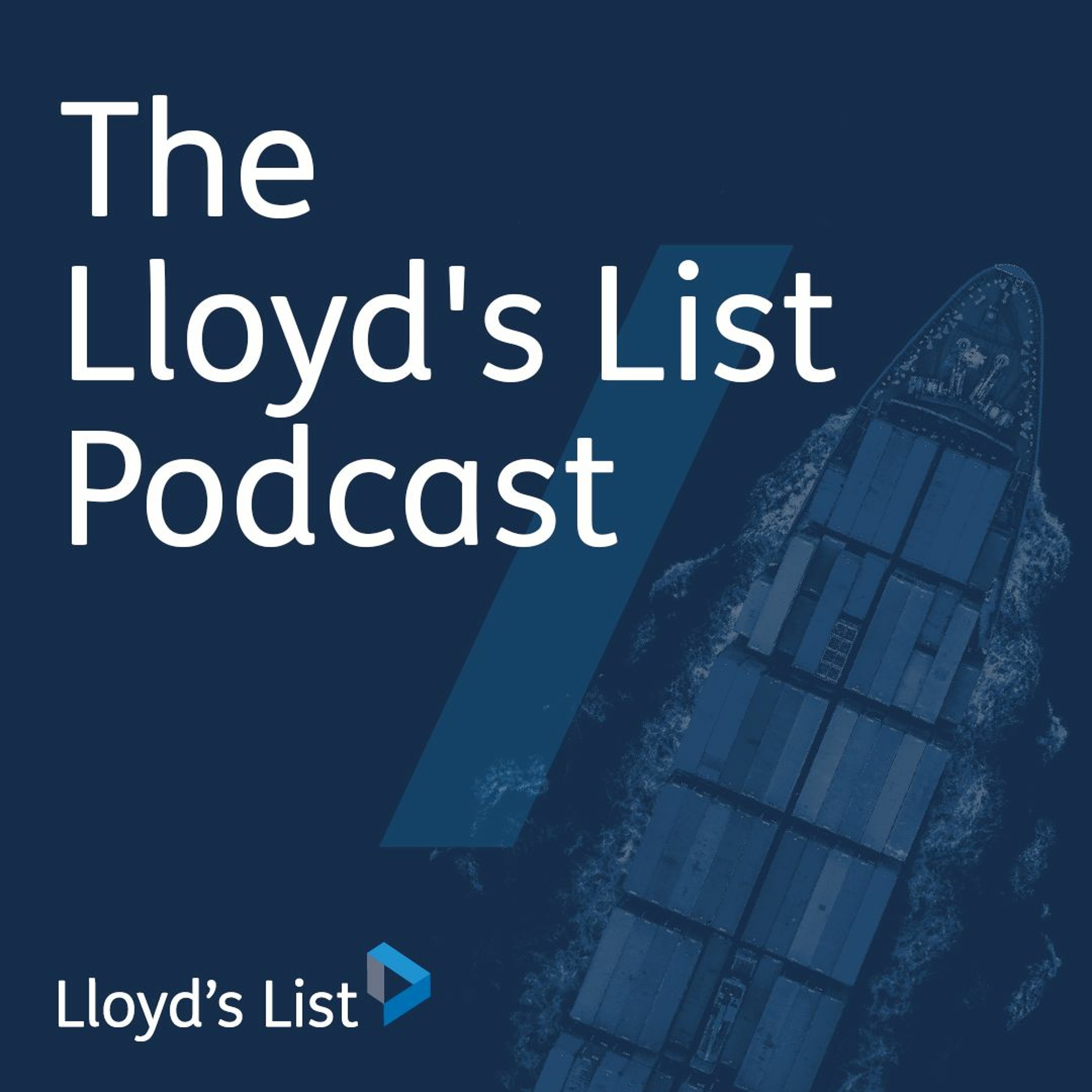
The Lloyd's List Podcast: Why seafarers need all hands on deck
Lloyd's List: The Shipping Podcast
Shownotes Transcript
We tend to talk a lot about what the future of shipping will look like in 2050. What the fuels will be, what the ships need to do and how trade lanes and business models are going to need to rapidly adapt. But we don’t talk enough about the people at the heart of this revolution - the seafarers. Without a skilled, agile and well-trained work force, the clean energy transformation of shipping will be stifled, and the rapid and smooth conduct of global trade put at risk. The powers that be are gathering in Manilla next week to consider the elements required for a successful transformation of seafarers’ roles to meet the needs of shipping in the future. It is an appropriate venue and timing for the meeting because the Philippines is home to 14% of the global seafarer workforce and according to a new report due to be published next week seafarer remittances accounted for 1.8% of the nation’s GDP. That’s an important figure when it comes to negotiating the position of seafarers in a society that too often overlooks the economic value the seafarers and shipping provides. So we’re talking on the podcast this week about the transformation, investments and changes that will need to be made to ensure that sufficient numbers of skilled seafarers are available to fulfil the requirements of shipping in 2050.
Joining the discussion this week:
• Gerardo (Dito) A. Borromeo: CEO Philippine Transmarine Carriers, The Philippines and Board Member Maritime Just Transition Task Force
• Leonardo Beltran, Former Deputy Secretary for Planning and Energy Transition, Mexico; Board Member, UN Sustainable Energy for All